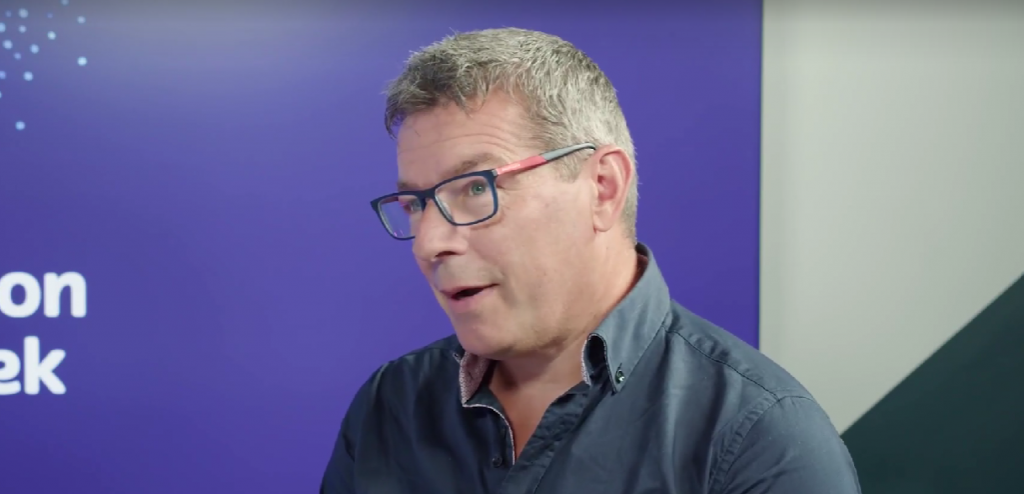Helping customers understand that they face a greater risk of being off work sick than becoming critically ill or dying has proven to be the key factor behind Mortgage Advice Bureau’s (MAB) soaring income protection (IP) sales.
This is according to MAB proposition director Andy Walton (pictured), who spoke to Health & Protection after MAB said earlier this week it has written 23,000 IP policies in the year to date.
MAB told Health & Protection its calculations are based on Swiss Re Term & Health Watch 2023 report which showed there were 180,547 income protection sales in the UK in 2022.
Projections indicate the market might reach 185,000 sales, and MAB is placed at a year-end estimate of 27,000 cases out of the total IP sales in the UK.
Elaborating on the reasons for the growth, Walton said: “As part of our process, all advisers are provided with the risk/reality results for every customer who purchased a mortgage, and trained on how to explain these risks to the customer.
“What this clearly showed was that there was a greater risk of a customer being off work sick than becoming critically ill or dying. Helping customers to understand these risks is part of what has encouraged more sales of IP, as the policy pays out when customers are off work sick.
“We also conducted a huge amount of training in conjunction with providers to increase knowledge and awareness of the value of the income protection product.
“We also focused on claims of customers across our business and the percentage of claims that we had correlated with the higher risk of customers needing to make a claim.
We also introduced SolutionBuilder, which enabled us to quote income protection and package up solutions for customers far easier than before.”
Touching on the underlying trends behind the growth, Walton pointed to heightened interest in IP.
“Once they realise the benefits of income protection, and the chance of potentially making a claim, sales have naturally increased,” Walton continued.
“However, this is not to the detriment of other protection areas, as customers still purchase the same level of critical illness cover and life insurance.
“During and post-Covid, there is now a lot more awareness of being off work sick and the implications that this can have financially.
“We’ve also seen a greater commitment in terms of overall customer spend on protection, alongside an improvement of persistency, as we believe that customers value the quality of the advice that is provided – especially when income protection is included.”
And Walton predicts this growth in IP sales is only set to continue.
“We can see a growing trend of younger people becoming much more interested in and engaged with income protection, compared to traditional life insurance or critical illness cover,” he added.
“A growing number of claims in the income protection market are around mental health, and providers will need to ensure they continue to keep pace with the level of claims of this nature coming in.
“Ensuring that customers fully disclose all medical health/hazardous pursuits is also important. There is a slightly higher percentage of misrepresentation with income protection, so it’s important that advisers ensure customers fully disclose this information.”
